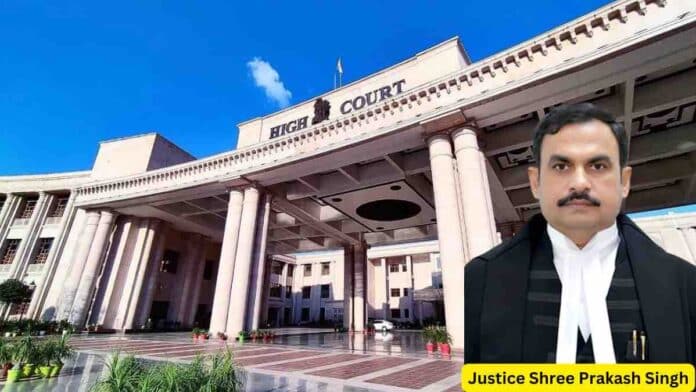The Allahabad High Court, in a significant ruling on criminal procedure, has held that when two separate trials—one concerning offences under the Indian Penal Code (IPC) and another under the Scheduled Castes and Scheduled Tribes (Prevention of Atrocities) Act, 1989—are conducted jointly, the appeal against the judgment in the IPC case is maintainable under the
To Read More Please Subscribe to VIP Membership for Unlimited Access to All the Articles, Download Available Copies of Judgments/Order, Acess to Central/State Bare Acts, Advertisement Free Content, Access to More than 4000 Legal Drafts( Readymade Editable Formats of Suits, Petitions, Writs, Legal Notices, Divorce Petitions, 138 Notices, Bail Applications etc.) in Hindi and English.




